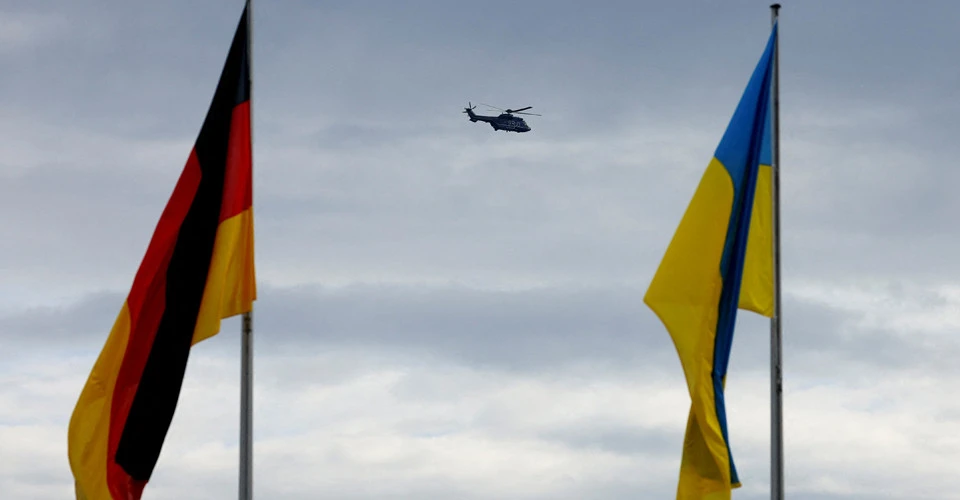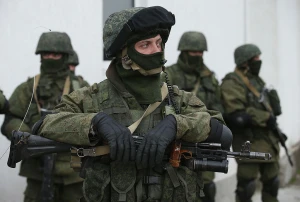
Germany's support for Ukraine in 2025 is secure despite coalition breakdown
Germany will be able to provide most of the €4 billion promised to Ukraine, even if the 2025 budget is not approved in time after the collapse of the coalition government
This was reported to Reuters by sources in the budget committee.
According to the four sources, these funds are mostly earmarks and can therefore be allocated under the interim budget management if the budget is not approved.
The likely delay in the budget for next year means no spending on new projects, although some spending, such as increased aid to Ukraine, may still be postponed.
The German government agreed on the budget in the summer and it was supposed to be approved by parliament by the end of the year, but now it may be delayed until mid-2025.
According to the draft budget for 2025, German aid to Ukraine will amount to €4 billion in 2025, down from about €8 billion in 2024.
Government sources said that Chancellor Olaf Scholz wanted to increase the support package for Ukraine by €3 billion to €15 billion and finance it by suspending the debt brake, a law that limits borrowing.
What preceded it
On November 6, German Chancellor Olaf Scholz accused Finance Minister Christian Lindner of irresponsibility, selfishness and actions in favor of only his party, the Free Democratic Party, which is one of the three in the government's ruling coalition. Instead, Christian Lindner said that the Free Democrats were leaving the coalition and withdrawing all their ministers.
Scholz's decision was based on disagreements with Lindner over budgetary, financial and economic policies. German media reported that the three-party coalition could not decide what to do with the 2025 budget.
On November 7, German President Frank-Walter Steinmeier said he was ready to dissolve the parliament and call early elections after the collapse of Chancellor Olaf Scholz's coalition.
The collapse of the coalition in Germany threatens to destabilize the political situation, which could lead either to the creation of a new government majority or to the announcement of early elections. The political crisis could also strengthen opposition parties, in particular the pro-Russian Alternative for Germany. The AfD has an anti-immigrant rhetoric, advocates preserving “traditional values,” and criticizes the European Union and aid to Ukraine.
- News














































